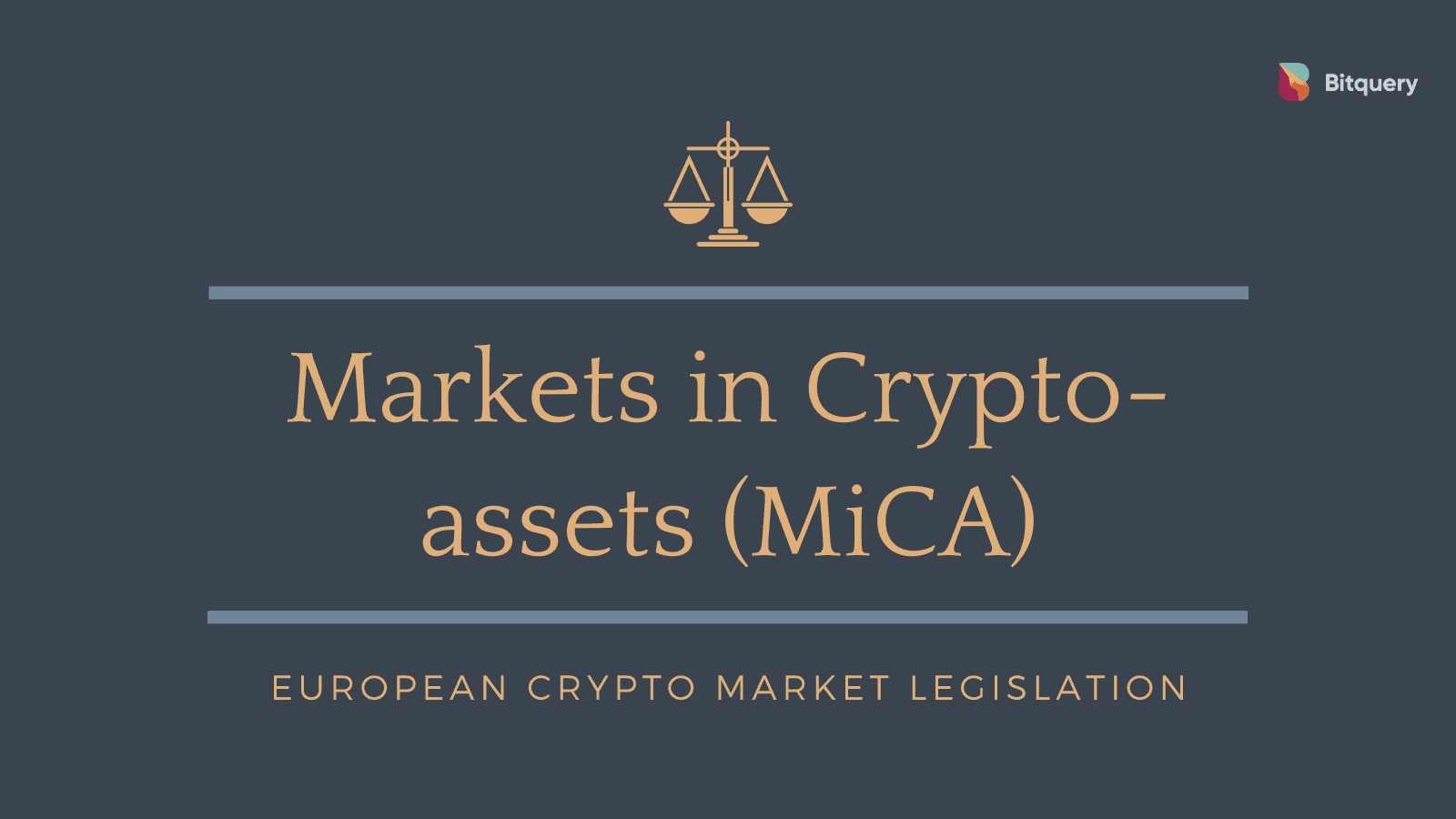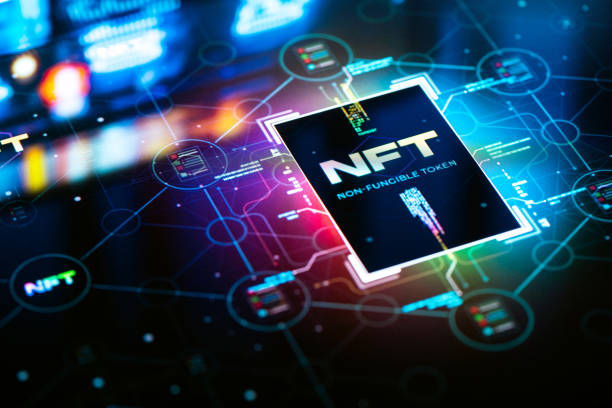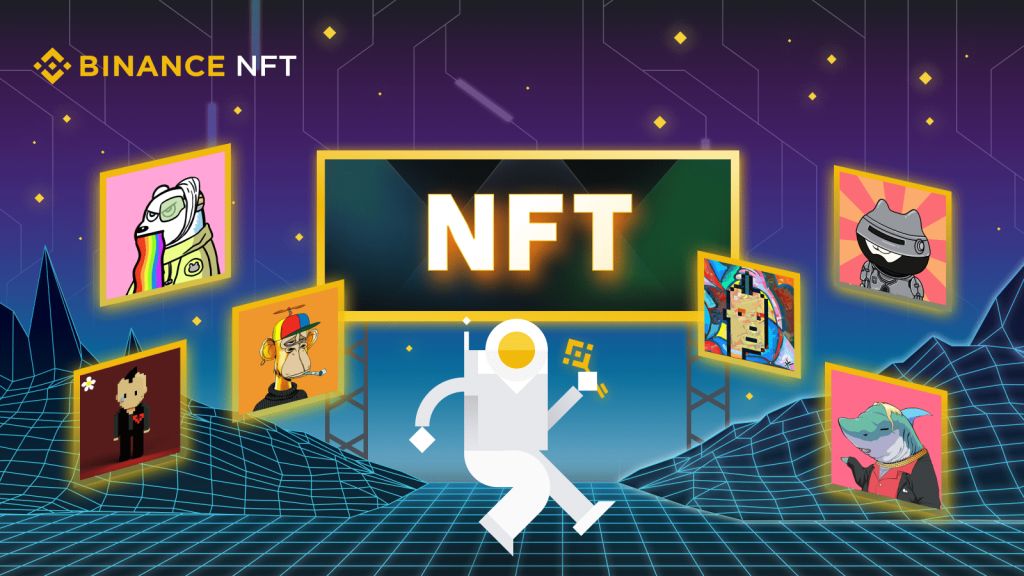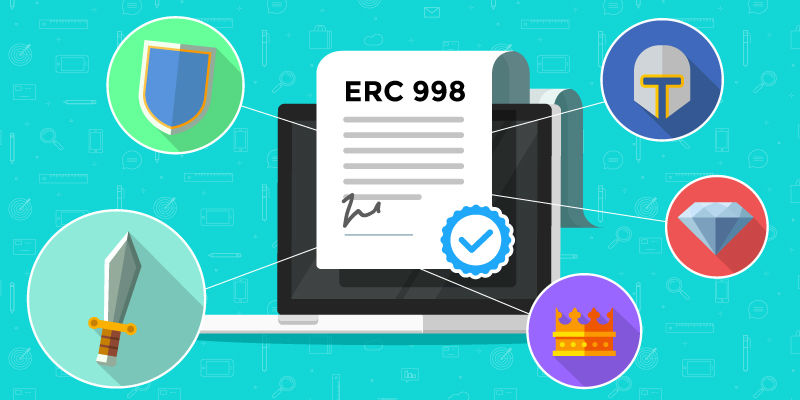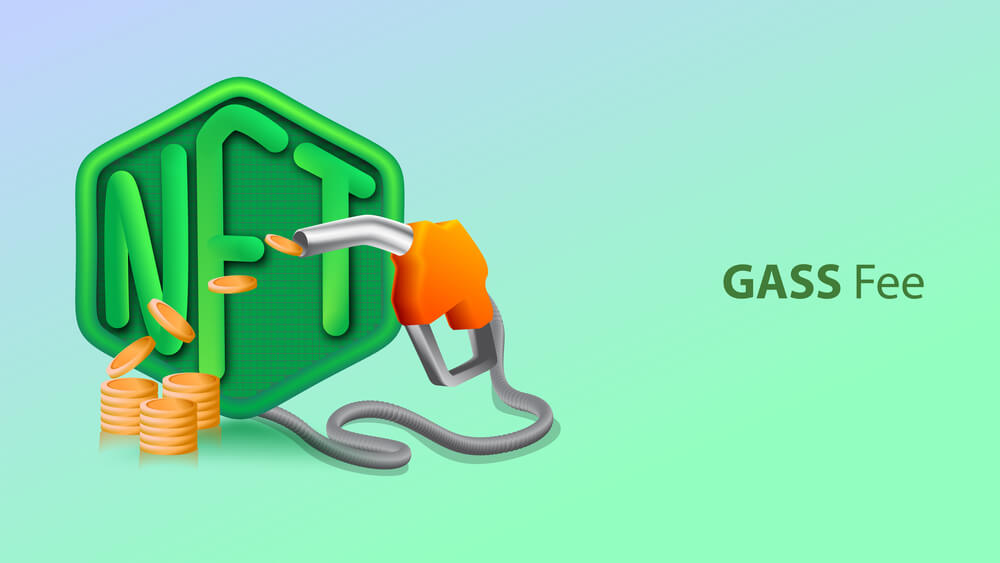This MiCA law would result in the issuers of nonfungible token (NFT) collections publishing the ‘white paper’ that originally conveys all the information about the protocol used by the NFT.
Based on an announcement at the Korea Blockchain Week, Non-Fungible Tokens (NFTs) will be treated as cryptos and regulated similarly under the Market in Crypto Assets (MiCA) law. The NFTs that have originated out of a collection will need to comply with the new European Union Crypto rules that were issued to caution the investors of the underlying risks.
While there were many initial assertions around keeping the majorly-designed ownership tokens aside from the bloc’s recently approved MiCA Law, the recent announcement offers the decision-making of the board in a different direction.
The European Union policymakers, on July 1, shook hands on milestone legislation that strives to make regulatory decisions on cryptocurrency tokens and service providers spanning over 27 nations that are members of the European Union.
Being the regulatory decision-makers, they made laws to govern the world’s third-largest economy, after nearly two years of debate and discussions over MiCA. The decision featured crypto firms to put out a ‘technical manifesto of sorts, calling it the “white paper”. The law also needed officials to maintain valid bank-style reserves for all stablecoins.
While this deal was struck at the end of June, the treatment of NFTs went on for a long time as they are not just a business in the crypto space but also a type of art and legitimate ownership. For now, there is no official document to validate these texts.
But, based on a statement by European Commission’s Peter Kerstens, an advisor focusing on technological innovation for the commission’s financial-services arm, the lawmakers at the European Union have a small view of what an NFT is. It means that NFT collections, with each one of the NFTs unique, may not be considered and the provisions will come in handy.
That would result in the issuers of NFT collections publishing the ‘white paper’ that originally conveys all information about the protocol used by the NFTs, and also will not be authorized to claim any strange guarantees about the future estimate that may end up conning investors into buying the product.
While European Union national administrations thought that the inclusion of NFTs in MiCA may end up developing an unfair expansion of the bill that was originally made to safeguard the interests of investors in ICOs and stablecoins, the policymakers from European Parliament had other plans. Based on them, the nonfungible token market is as vulnerable against the securities-style rate change as any other.
Kerstens was doubtful about the whole white paper plan for each NFT, and the fact that firms like OpenSea may need to actually take regulatory approval for each NFT it unleashes could result in the suppression of innovation in the digital industry.
While that is true, Korean regulators are striving to debate the right way to regulate the crypto industry. The way forward, as described by the European Union and the United States, might be able to smoothen a path for the other nations to follow.

